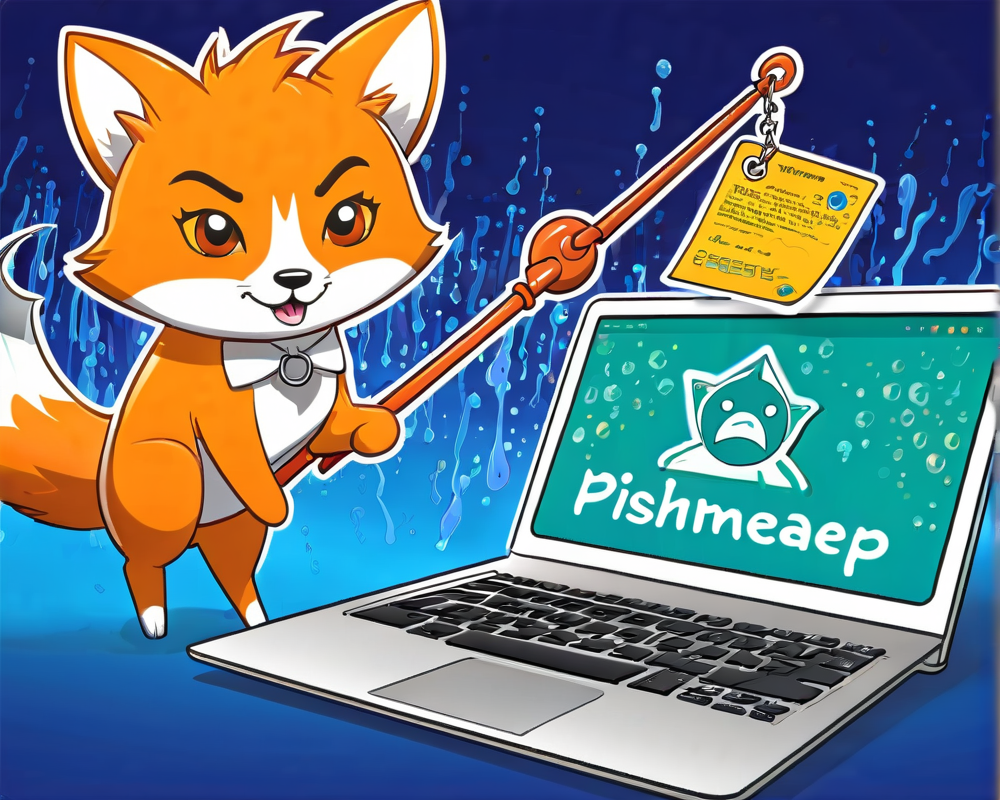The Phishing Alert from MetaMask
On February 12, the popular crypto wallet provider MetaMask took to social media to warn its users about a phishing attack circulating via email. Victims received fraudulent messages pretending to be from MetaMask or Namecheap, aiming to trick users into submitting their sensitive account information. Spoiler alert: they don’t really want to help you secure your wallet.
Namecheap Steps Up
Meanwhile, Namecheap, a well-known web hosting company, reported a major “email gateway issue.” They detected unauthorized use of one of their third-party email services targeting MetaMask accounts. Despite the chaos, Namecheap reassured customers that their systems were fully secure and no data breaches occurred. It’s like having a bouncers at a club, keeping the riffraff at bay—but the bouncers could be better at spotting people in disguise!
Understanding the Phishing Scheme
The phishing emails contained links that directed users to fake MetaMask websites, cleverly designed to steal secret recovery phrases under the guise of enhancing security. If someone claims they need your recovery phrase, it’s likely not for a surprise birthday party, but a one-way ticket to losing your money!
What Not to Do
MetaMask was very clear about email communications: they do NOT collect KYC (Know Your Customer) information and won’t ever request personal details via email. It’s crucial for users to:
- Ignore suspicious emails from MetaMask or Namecheap.
- Never enter your Secret Recovery Phrase on any website.
- Double-check that you’re dealing with official communications.
Resolution and Ongoing Investigation
After learning of the issue, Namecheap acted swiftly, eliminating the misuse of their email system and restoring all operations within two hours. They emphasized that all communications from them would come through verified channels only from that point onwards. However, they’re still investigating how the hackers managed their phISHing expedition, proving that the internet is kind of the Wild West—anything goes.
Learning from Past Incidents
This phishing attempt isn’t the first time investors have faced losses due to online fraud. Just a month prior, a notable NFT influencer suffered a financial blow while clicking on a sponsored Google ad instead of an official link. The moral of this story? Always stop and think before diving headlong into the digital waters, because that advertisement could just be a cunning ruse.




